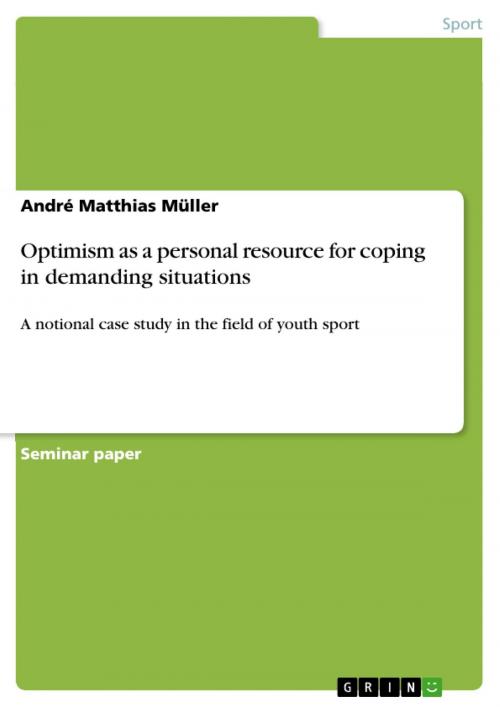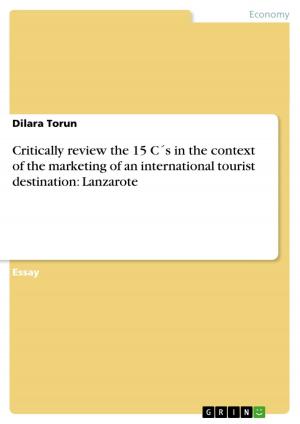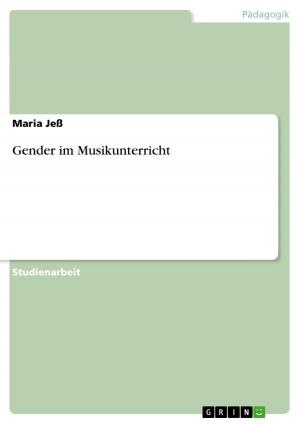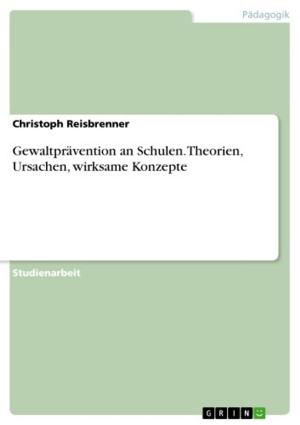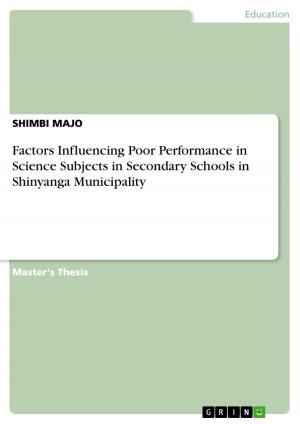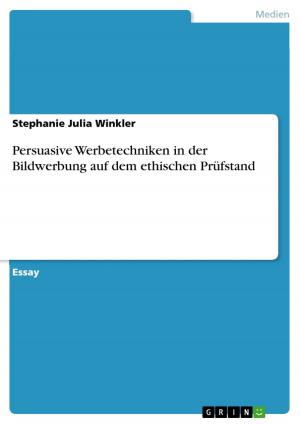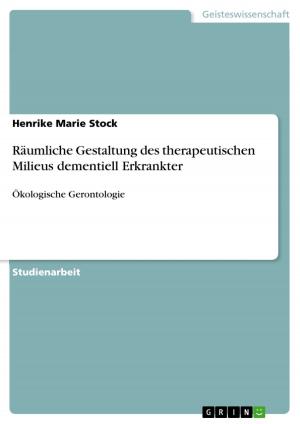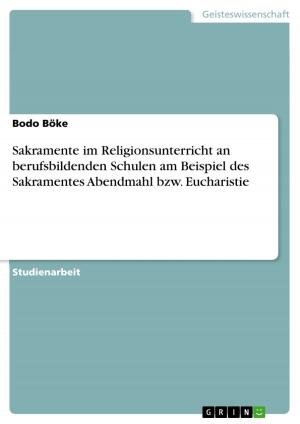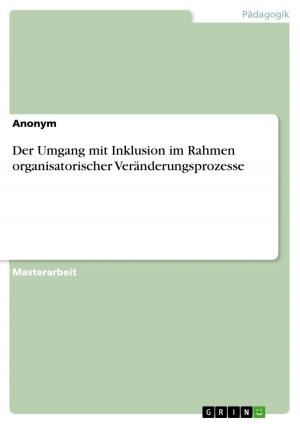Optimism as a personal resource for coping in demanding situations
A notional case study in the field of youth sport
Nonfiction, Sports, Reference| Author: | André Matthias Müller | ISBN: | 9783640988426 |
| Publisher: | GRIN Verlag | Publication: | August 22, 2011 |
| Imprint: | GRIN Verlag | Language: | English |
| Author: | André Matthias Müller |
| ISBN: | 9783640988426 |
| Publisher: | GRIN Verlag |
| Publication: | August 22, 2011 |
| Imprint: | GRIN Verlag |
| Language: | English |
Seminar paper from the year 2009 in the subject Sport - Sport Sociology, grade: 1,0, Otto-von-Guericke-University Magdeburg (Sportwissenschaft), course: Sportcoaching , language: English, abstract: Abstract Objective: The aim of the present paper is to explain the construct of optimism in relation to coping strategies. Furthermore, we researched about the possibilities to improve situational optimism in a notional case study. Method:Transactional theory of stress and coping by Lazarus (1982) is the initial point of this paper. We explained appraisal and coping processes and pointed out, that optimism is a needful resource to overcome demanding situations. In the following notional case study, with a young wrestler we used the Life Orientation Test (Scheier & Carver, 1994) and the CAVE-Technique to analyze optimism status. Afterwards we generated hermeneutic ideas to improve the given situational optimism status. Results:A four stadium model, including reflection-, confirmation-, implementation- and re-evaluation phase was created to increase situational optimism. With this, it was possible to reach higher control abilities and optimism. Conclusions:Situational optimism is improvable with the help of the given model. Therefore it is important to re-appraise the outcome to develop adaptation and transformation. Probably it is possible to transfuse situational optimism to dispositional optimism.
Seminar paper from the year 2009 in the subject Sport - Sport Sociology, grade: 1,0, Otto-von-Guericke-University Magdeburg (Sportwissenschaft), course: Sportcoaching , language: English, abstract: Abstract Objective: The aim of the present paper is to explain the construct of optimism in relation to coping strategies. Furthermore, we researched about the possibilities to improve situational optimism in a notional case study. Method:Transactional theory of stress and coping by Lazarus (1982) is the initial point of this paper. We explained appraisal and coping processes and pointed out, that optimism is a needful resource to overcome demanding situations. In the following notional case study, with a young wrestler we used the Life Orientation Test (Scheier & Carver, 1994) and the CAVE-Technique to analyze optimism status. Afterwards we generated hermeneutic ideas to improve the given situational optimism status. Results:A four stadium model, including reflection-, confirmation-, implementation- and re-evaluation phase was created to increase situational optimism. With this, it was possible to reach higher control abilities and optimism. Conclusions:Situational optimism is improvable with the help of the given model. Therefore it is important to re-appraise the outcome to develop adaptation and transformation. Probably it is possible to transfuse situational optimism to dispositional optimism.
